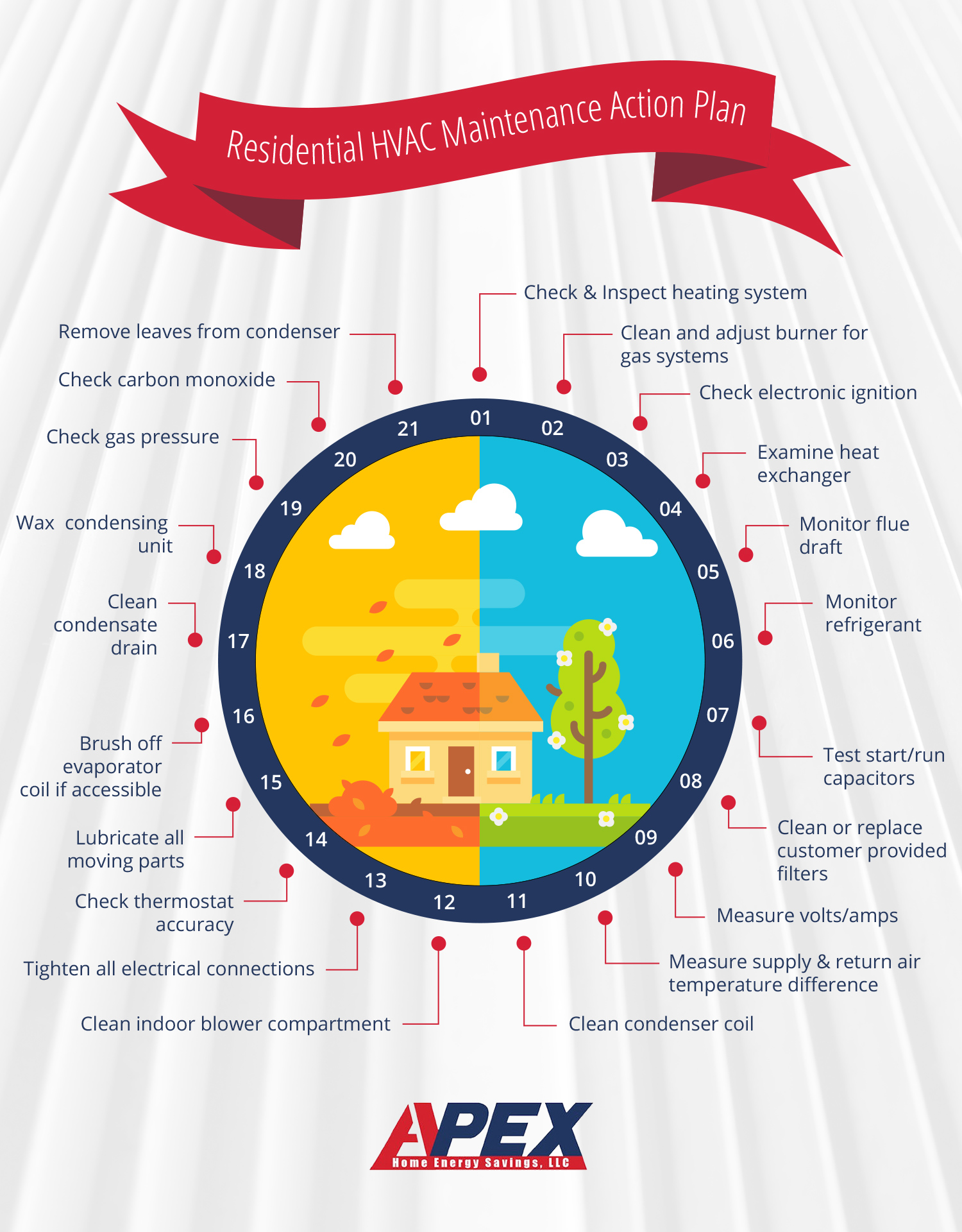The Future Of Home Home Heating - How Heatpump Innovation Is Developing
The Future Of Home Home Heating - How Heatpump Innovation Is Developing
Blog Article
Created By-Dawson Byrne
Heat pumps will be a critical modern technology for decarbonising heating. In a scenario regular with governments' announced energy and environment dedications, their international capability increases by 2030, while their share in heating rises to one-quarter.
They work best in well-insulated homes and rely on power, which can be supplied from a sustainable power grid. https://drive.google.com/drive/folders/1j9OuS9TH0XKzZJfSo99tV2of1-sejqWX?usp=drive_link are making them much more effective, smarter and more affordable.
Gas Cells
Heatpump utilize a compressor, cooling agent, coils and followers to relocate the air and warm in homes and home appliances. They can be powered by solar power or electrical power from the grid. They have actually been gaining popularity because of their low cost, quiet procedure and the ability to produce electrical power during peak power need.
Some companies, like IdaTech and BG MicroGen, are dealing with fuel cells for home heating. These microgenerators can replace a gas boiler and generate a few of a house's electrical requirements with a connection to the electricity grid for the remainder.
However there are factors to be skeptical of using hydrogen for home heating, Rosenow claims. It would be expensive and inefficient compared to various other technologies, and it would certainly contribute to carbon emissions.
Smart and Connected Technologies
Smart home innovation permits property owners to connect and regulate their devices from another location with the use of smartphone apps. As an example, wise thermostats can learn your home heating preferences and automatically adapt to maximize energy consumption. Smart illumination systems can be regulated with voice commands and automatically turn off lights when you leave the area, decreasing energy waste. And wise plugs can check and manage your electric usage, enabling you to recognize and restrict energy-hungry appliances.
The tech-savvy house depicted in Carina's interview is a great picture of just how passengers reconfigure area home heating methods in the light of new clever home technologies. They rely on the gadgets' automated functions to accomplish everyday modifications and concern them as a convenient ways of performing their heating practices. Because of this, they see no reason to adapt their techniques additionally in order to make it possible for flexibility in their home power need, and interventions focusing on doing so might deal with resistance from these homes.
Power
Because warming homes make up 13% of US emissions, a button to cleaner options might make a large distinction. However the technology encounters obstacles: It's costly and needs comprehensive home remodellings. And it's not constantly suitable with renewable energy sources, such as solar and wind.
Until just recently, electric heatpump were as well costly to take on gas models in most markets. However brand-new advancements in layout and materials are making them more affordable. And far better chilly environment efficiency is allowing them to work well even in subzero temperatures.
The following action in decarbonising home heating might be the use of warmth networks, which attract heat from a main resource, such as a neighboring river or sea inlet, and distribute it to a network of homes or buildings. That would lower carbon exhausts and enable families to make the most of renewable energy, such as green power from a grid supplied by renewables. This option would certainly be less costly than changing to hydrogen, a fossil fuel that requires new framework and would just lower carbon dioxide emissions by 5 percent if coupled with boosted home insulation.
Renewable resource
As power prices drop, we're beginning to see the same pattern in home heating that has actually driven electrical autos into the mainstream-- however at an also quicker rate. The strong environment case for impressive homes has actually been pushed further by new research.
https://docs.google.com/spreadsheets/d/1QamJmgvCoo2gPNMF6CLm1hIOPmKaJ4V4g2VF7xUhWbQ/edit?usp=drive_link make up a substantial share of modern heat usage, yet have actually been offered minimal policy attention globally contrasted to other end-use fields-- and even less attention than electricity has. Partly, this shows a mix of customer inertia, split incentives and, in many nations, aids for fossil fuels.
New technologies might make the change easier. As an example, heat pumps can be made a lot more energy effective by replacing old R-22 refrigerants with new ones that don't have the high GWPs of their precursors. https://www.contractingbusiness.com/commercial-hvac/article/20870036/planned-hvac-maintenance-a-meaningful-resolution visualize area systems that attract heat from a nearby river or sea inlet, like a Norwegian arm. The warm water can then be used for heating & cooling in an area.